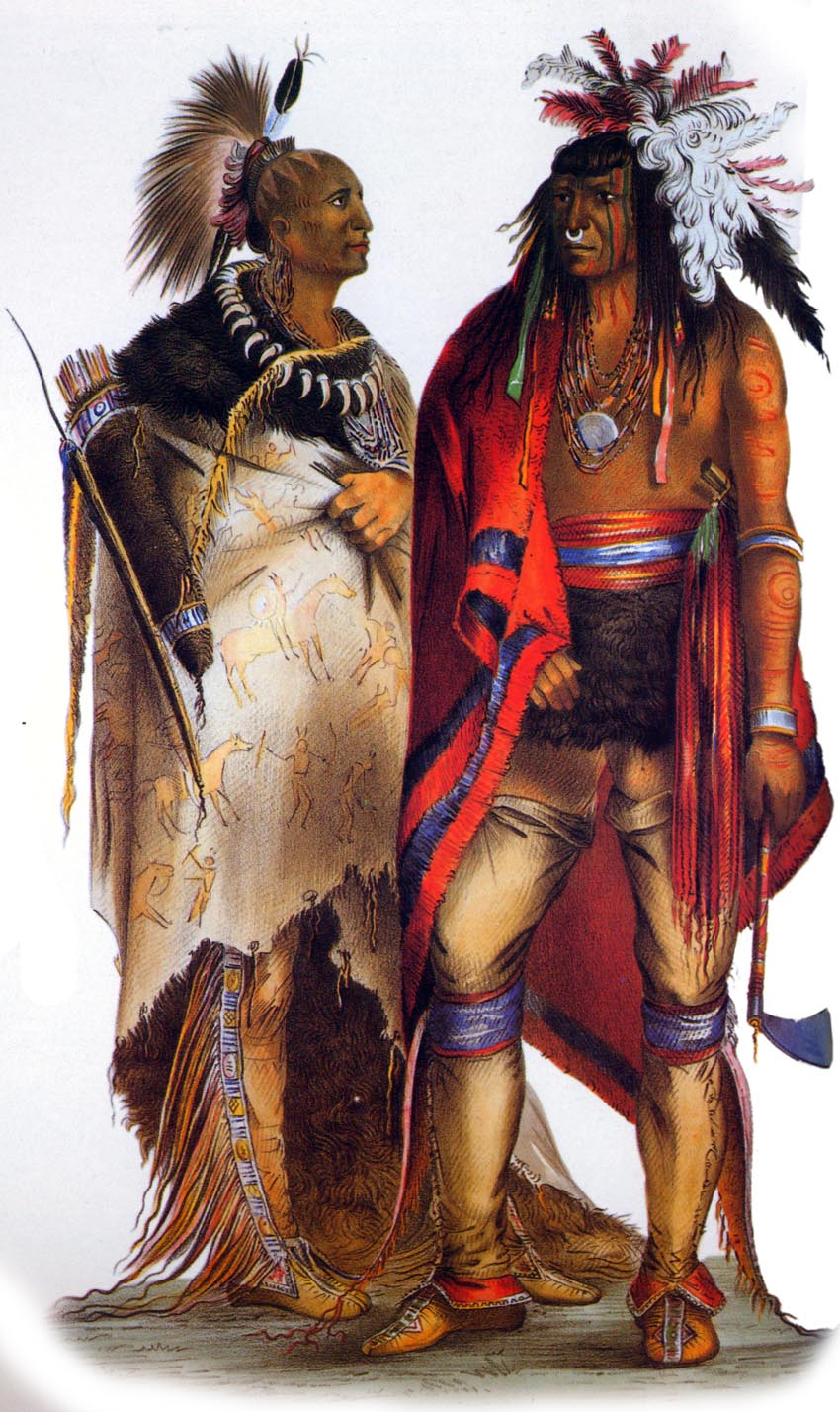One of the lesser-discussed influences on the founding of the United States we celebrate this weekend is that of the five nations confederacy and their form of government. The 1936 article quoted below sheds light on that influence and this Youtube video goes into more depth about Chief Canasatego. Happy Fourth!
Milwaukee Journal March 26, 1936
Indian Origin of ConstitutionIroquois’ Idea of Government Was Unique, Investigator Says
The germ from which the American Constitution grew may have been planted by an almost unforgotten Iroquois Indian orator.
J.N.B. Hewitt, student of Indian history and customs, after years of research among records of the early Iroquois, announced Thursday that he had found a direct chain of evidence connecting the Constitution with an eloquent plea made by an Iroquois statesman named Canasatego at a conference held at Lancaster, Pa., in 1744. The conference was called to settle differences over land rights and for mutual defense against the French invaders.
Quotes Tribal Sage
The Indian told delegates from the then British colonies of Virginia, Pennsylvania and Maryland to unite on their own initiative under the principle that government rested on the consent of the governed, not the rulers.
Canasatego quoted from the words of the historic founder of the Iroquois confederacy of five nations, Deganawida, including the eloquent phrase:
“We, the Mohawk, the Seneca, the Onondaga, the Oneida, and the Cayuga people, set up this tree of government.”
Hewitt pointed out the close resemblance to the phraseology with which the federal Constitution begins:
“We, the people of the United States, in order to from a more perfect union…”
Idea Made Impression
He found that records of the Lancaster conference greatly abbreviated Canasatego’s speech, although evidently it made an impression. The idea that he advanced was new to the colonists, trained in the European tradition that the authority of government came from above – that is, the throne. The Iroquois confederation was the only place in the world during the eighteenth century where a different idea was in operation, Hewitt said.
Thirty-one years later, in 1775, representatives of the five nations of the Iroquois and delegates from the continental congress met to sign a treaty which would keep the Indian confederacy neutral in the war with Great Britain.
Hewitt points out that in a formal speech, Col. Turbot Francis, one of the colonial representatives, told the Iroquois that the colonists had remembered the advice of Canasatego and finally had acted upon it.
